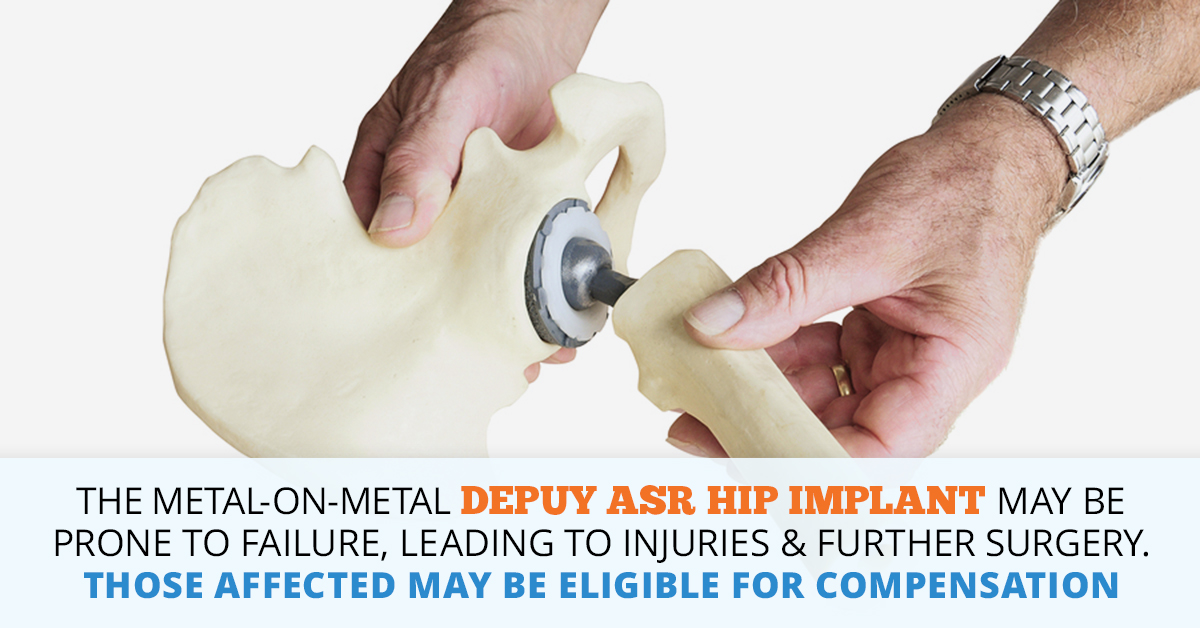DePuy ASR Hip Lawsuit Information
Patients implanted with ASR hips began filing lawsuits against DePuy when their devices started failing far sooner than expected, forcing them to undergo additional surgeries to remove or replace the artificial hips. DePuy claimed that its ASR implants had lower revision rates, but lawsuits filed against the company claim that DePuy knew about the unexpectedly high rate of failure more than a year before the artificial hip devices were recalled in 2010. As a result of metal ion poisoning, implant loosening, premature failure and other hip implant complications requiring revision surgery, more than 10,000 ASR hip implant lawsuits were filed against DePuy in courts across the country. In the first of many DePuy ASR lawsuits brought against the manufacturer, a Los Angeles jury awarded $8.3 million in damages to a retired prison guard from Montana whose hip implant failed after just four years. According to the lawsuit, the premature failure was caused by metal debris that damaged the bone and tissue around the hip joint, causing the implant to loosen. To date, DePuy has agreed to pay as much as $4.4 billion to settle lawsuits over its ASR hip implants and juries across the country have also ordered DePuy to pay millions of dollars in compensation to plaintiffs in ASR lawsuits.


